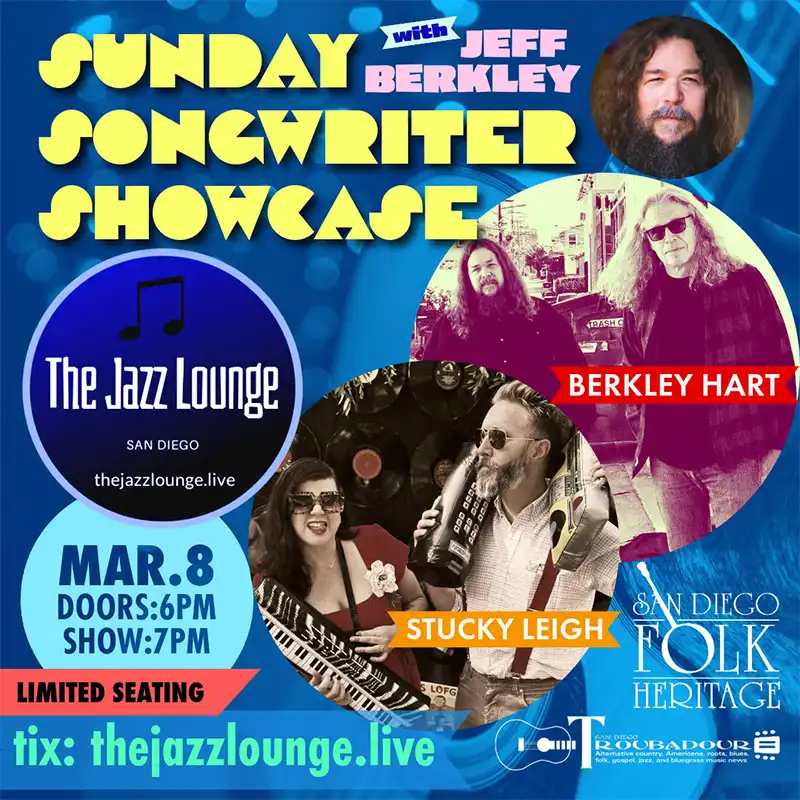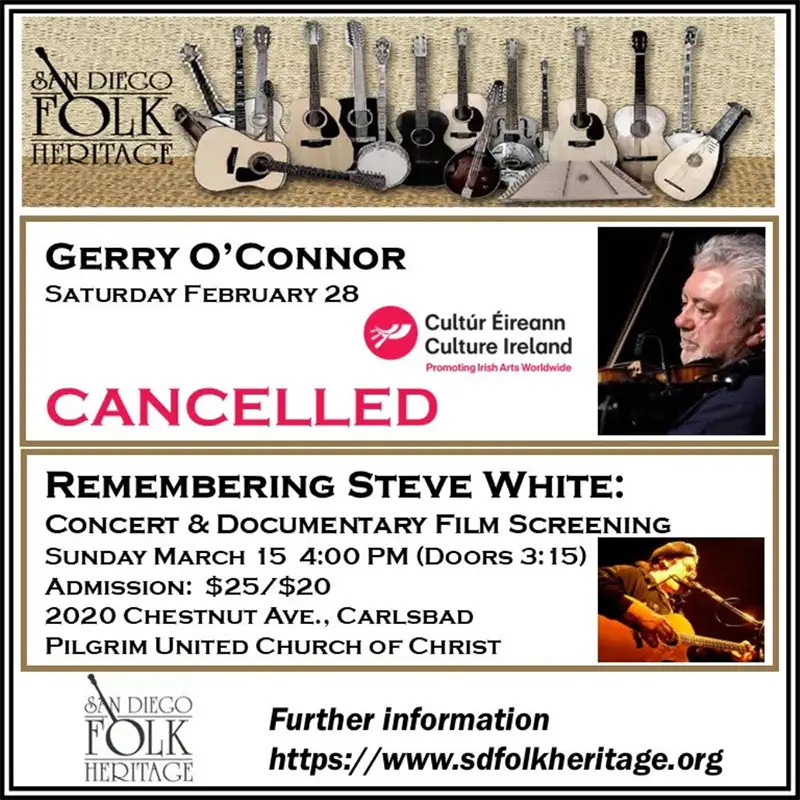Zen of Recording
Stay in School (Part Two)
Last month, I mused upon the early adult days of my life and how my journey toward musical self-edification centered around the plethora of musical sources I uncovered via crate digging and the deep immersion into the select cream that rose to the top of my respect and curiosity. Through the ’80s, this expedition expanded expontentially. It included an omnivore’s appetite for almost anything that might provide not just musical entertainment but also insight or clues as to where it came from, who was making it, and what names ubiquitously popped up in association with these endeavors. I moved to Los Angeles’ Silver Lake district in in 1987 and walked through the neighborhood every day. Along my route was a new and used record store called Rockaway Records. Due to the fact that it was located in close proximity to the epicenter of the music business on the West Coast (if not the entire world), this place was a goddamned goldmine for a pop hobo like myself, chock full of dollar bin finds of artists that I could not only hear on my CD player at home but also go and see them perform live at the Roxy, the Wiltern Theater, or the Whiskey-A-Go-Go. The only thing I didn’t like about the store were all of the dour, disdainful looks I would get from the clerk as she begrudgingly tallied up my daily purchases that did not meet with her approval. Her name was Lucinda Williams.
The next year I moved a few miles away to Glendale, which was an even bigger boon to my endless thirst for musical input. This time, the halfway point on my walk featured a stop into the Brand Library and Art Center. This was a beautiful place architecturally and it housed a wonderful art gallery in addition to a wealth of books and music. As I recall, there was either no limit or at least a very generous amount of CDs that you could check out at one time, so I commenced to steep myself in the full discographies of all the artists that inspired me. This included a burgeoning interest in world music from places like Senegal, Bulgaria, Cuba, South Africa, Morocco, Madagascar, New Zealand, and myriad more artists from across the globe.
I moved back to San Diego and through the ’90s and into the early 2000s, I ritualistically visited the bookstore as often as possible to pore through music-oriented books and periodicals, voraciously absorbing as much info as I could about new music, old music, and the technological means with which they were midwifed into the world. I called this the University of Barnes & Noble. I still consider it the undergrad work of my chosen field.
For many of us, I’m sure that all feels like a bit of a throwback to the dark days that preceded the Information Age—before the internet, before smartphones or Wikipedia, and perhaps most important, before YouTube.
I am very fond of saying that if I don’t know how to do something, I’ll look it up on YouTube and a 12-year-old will show me. For one thing, it’s true. For another, I have spent the better part of my life thus far without a palm-sized book of answers to almost any question I could have, so I have an innate appreciation of this relatively newfound ability.
For those who have chosen the path of direct work experience as a means to learning and honing the craft of music recording and production, the informational floodgates swung wide open with the advent of information technology. I mean wiiiiiide, like trying to drink from a firehose, except mostly city tap water gushes from that source. On the internet, you don’t know what the hell is in the water you’re drinking.
Here, then, for your consideration are my thoughts on several sources that I have briefly sampled or slavishly follow to date, in the never-ending pursuit of learning new things or researching the solutions that other recordists have found to similar situations I have found myself in.
Top of my list in usefulness regardless of your personal level of experience or expertise has to be Produce Like a Pro and its affable host Warren Huart, who started his career as part of the band Star 69, but soon turned to producing, as it was always his musical passion. He’s produced very successful sophomore releases for the Fray and Augustana, and has worked with an impressive roster that includes Aerosmith, the Ramones, Korn, Matisyahu, Howie Day, and Colbie Caillat. Warren has the sweetly engaging manner of an English gent (which he is) and a very straight-across style that never talks down to viewers but rather treats them as colleagues for the most part. His Produce Like a Pro Academy has an affordable subscription price of $199 a year and features access to scores of lessons, personal feedback, downloads, full courses, and special guests. In fact, he’s posted so much content on YouTube alone that you can dive very deeply down into his rabbit hole without paying a dime. It is often my first stop when searching for an expert’s perspective. Subscribe! Join!
There are a great many extremely experienced and famous names out there, dispensing an amazing amount of useful information, Like Butch Vig (Nirvana, Garbage) and Steve Albini (Nirvana, P.J. Harvey, Joanna Newsom), who lend an uber recordist’s perspective via studio stories, recording philosophies, and personal opinions. Dave Pensado is one of the biggest names in educational online content, via his Pensado’s Place series of videos that feature interviews and perceptions from a wide variety of guests like Chris Lord-Alge, Andrew Scheps, Al Schimitt, Finneas, and many, many more.
Ed Talenti is not a name I can easily find in my “book of answers,” but he has an infectiously upbeat attitude with a focus on chasing down inspiration while producing beats in the dance and hip hop genres. This guy’s got serious chops and his trademark “AAAAAAAYYYYYEEEE” when he likes what he’s hearing reminds you that all of this work can be a lot of fun, too!
My final suggestion is You Suck at Producing, a harsh, hyper-meta, irreverent, and, for my taste, totally hilarious sendup of all of these previously mentioned YouTube edu-channels. Think of the most smarmy, passive-aggressive comedian profanely peppering you with insults and info simultaneously and you’ll kind of get it. The host, who goes by the artist name Underbelly, is actually a pretty savvy dude and though he is fairly Ableton Live centric, he presents a lot of solid concepts and working methods for many of us. You can also play your own drinking game for every time he utters the word “Wowsers!” but I wouldn’t recommend it.
The music production schooling that for years I found so elusive (and expensive) is now out there in overwhelming plentitude. Sifting through the gravel for the gold is still the best way of finding the nuggets of knowledge that best suit you.
Sven-Erik Seaholm is a singer, songwriter, producer, recordist and avid reader of the Book of Answers. kitschandsync@hotmail.com








